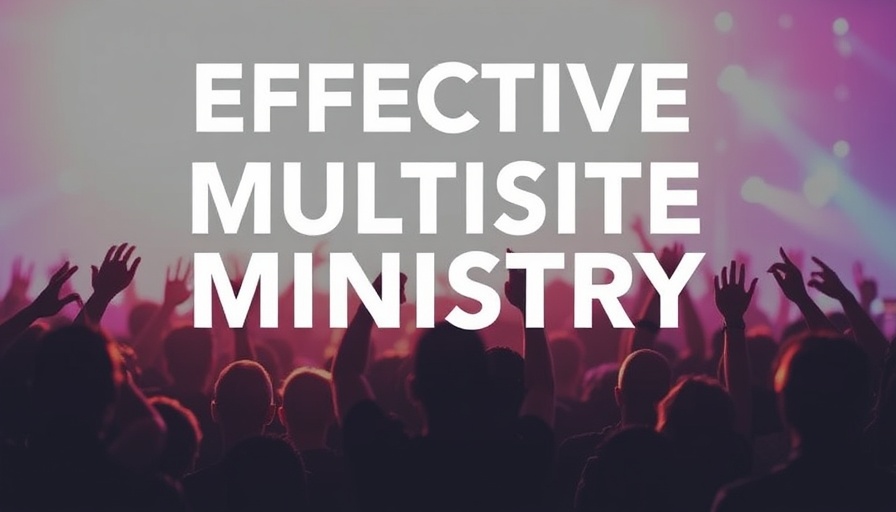
The Historic Decision: A New Era for LGBTQ+ Affirmation in The UMC
On April 30, 2024, the United Methodist Church (UMC) made a monumental decision during its General Conference in Charlotte, NC, lifting the long-standing ban on funding LGBTQ+ affirmative ministries and missions. This landmark vote of 667 to 54 marks a crucial step towards inclusivity, offering affirmation and support to LGBTQ+ individuals within the church that has historically marginalized them.
The roots of this struggle can be traced back to the earliest days of the UMC, with the inauspicious beginning of LGBTQ+ discussions igniting tensions shortly after the church's formation in 1968. As illustrated in Jane Ellen Nickell's book, *We Shall Not Be Moved*, even a student magazine that featured topics on women's rights and discussions of lesbian identity faced backlash and eventually ceased publication due to funding withdrawal. This incident was just a glimpse into the power struggle over LGBTQ+ representation that has persisted in the church.
The Ban: A Barrier to Growth and Acceptance
The funding restrictions imposed in 1976 were unmistakably a reflection of the church’s reluctance to accept LGBTQ+ identities. No board or agency was permitted to utilize funds for any group supporting LGBTQ+ affirmation, a stance expanded upon in subsequent General Conferences. The ban effectively stifled not just LGBTQ+ voices but hindered the church’s ability to engage in meaningful dialogues about inclusion and acceptance.
A Step Toward Healing and Community
With the repeal of the funding ban, The UMC has the potential to turn a new leaf—one that encourages ministry to all individuals regardless of their sexual orientation. This decision could significantly impact LGBTQ+ Christians and allies, forging a path towards healing and community-building within the church. As noted by many supporters, this could lead to a rich tapestry of faith that embraces diversity and inspires love.
Looking Ahead: Opportunities for Growth
What does this decision mean for churches across the globe? It opens the door for local congregations to implement programs that promote inclusivity and acceptance. Leaders within The UMC now have the freedom to explore initiatives that affirm LGBTQ+ identities and welcome all into faith-based communities. This is not merely a change in funding policy; it is a shift that touches the very heart of Christian love and acceptance teaching.
As we reflect on this pivotal moment, it’s essential to remember that inclusivity is a journey. While progress has been made, the ongoing commitment to understanding and supporting marginalized individuals remains vital. The faith community can take this opportunity to embody the love of Christ by embracing all His followers—with open arms and welcoming hearts.
 Add Row
Add Row  Add
Add 




Write A Comment